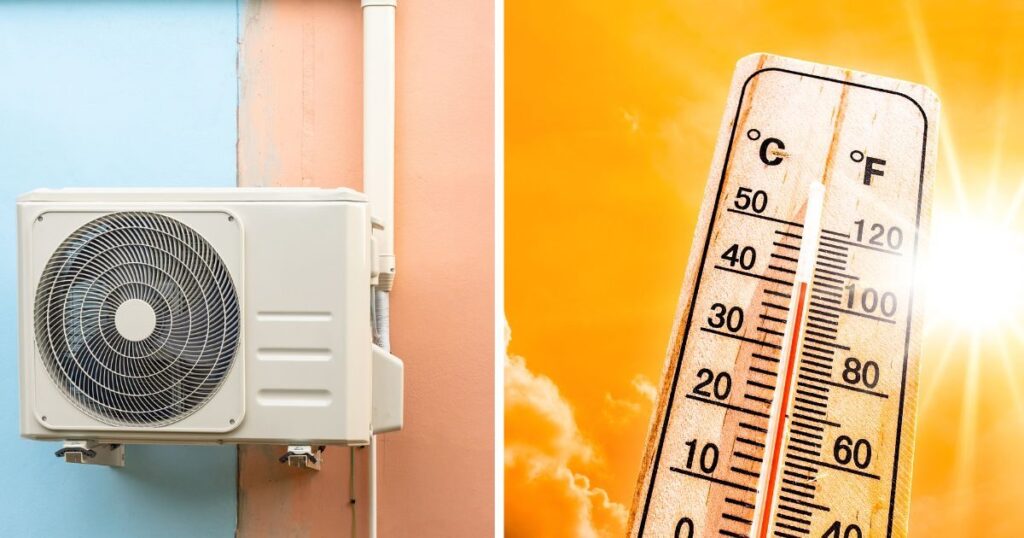The Government of India has recently given a new suggestion, which has been asked to set up the air conditioner between 20 and 25 degrees Celsius. The aim of this step is to reduce the increasing energy consumption in the country and control the threat related to the climate. It may take a simple idea to hear, but people have different opinions on it. Some people are considering it as necessary and in the right direction, then some people are saying that this is just a temporary remedy, which does not solve the real problem.
Government’s decision, time needed
Expert Chandra Bhushan, who works on environmental issues, believes that this proposal to install a temperature cap on AC is not a simple rule, but it is a big step that can start discussing the issues related to energy policy and development in India. He says that as urbanization and middle class is increasing, the demand for AC is also increasing rapidly. For example, in the year 2022, around 7.5 million ACs were sold and in 2024 it has doubled to 15 million. Experts believe that if this trend remains, then by 2030 India will become the largest AC market in the world.
Bhushan believes that now AC is no longer a luxury. It has become essential for health, working ability and social balance. Therefore, such suggestions, such as the limit of the temperature, are necessary… so that we can start a big debate. For example, who are the people who need the most cold air? Can we deliver cooling to all? Can such technology be adopted so that AC works more in less electricity?
This superficial solution, the real problem will remain the same
Now let’s talk about the second aspect of this proposal. Some experts feel that by limiting AC temperature, only the solution will be found on the surface, the real problem will remain the same. Economist Trisha government expresses concern about this. She gives the example of the heat of Delhi, when people go to malls, metro stations and shops where AC is installed to get a little cool. If the rule of not implementing the AC below 20 degrees is implemented, then the most problems will be for those who are already troubled by the heat and who have limited paths to get cold air.
He says that we should focus on the design of the entire city instead of just focusing on AC. If we make cities where there are green trees, water sources, shade on the roads, and such buildings that are cold in a natural way, then the need for AC will automatically reduce. Today, high buildings made of glass and cement in cities imprison the heat, causing the cities to become more hot and the demand for AC increases even more.
Therefore, it is important that the government should not be limited to installing a temperature cap only on AC, but thinks at the big level. We should promote energy saving technology, improve the planning of cities and ensure cooling facilities for everyone, especially for poor and weaker sections.
